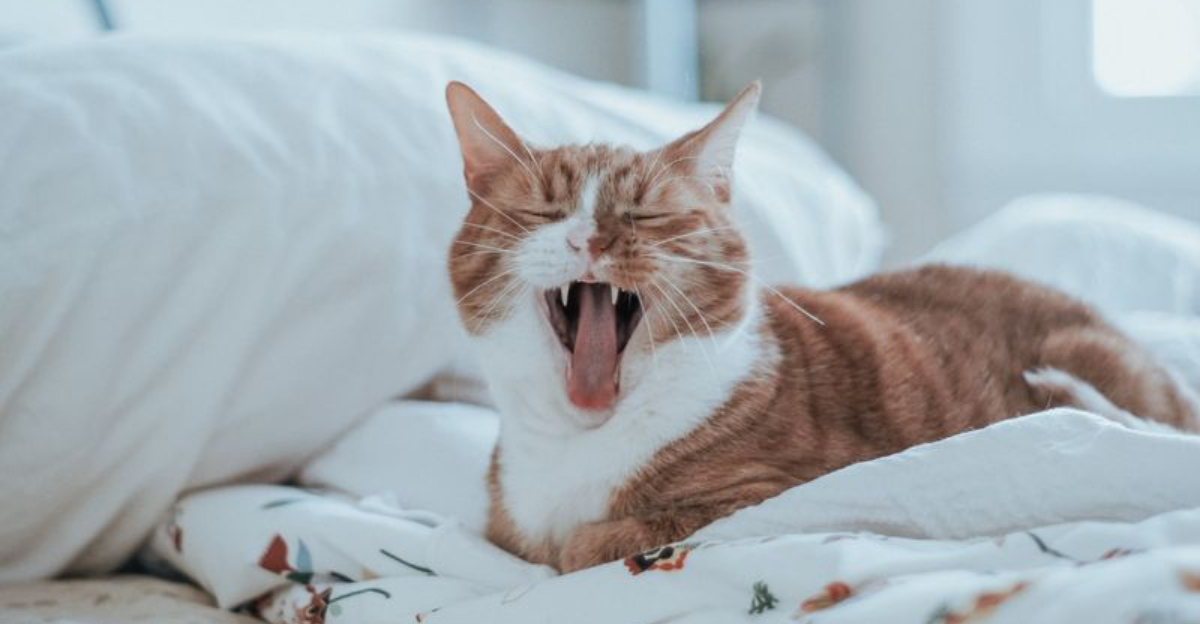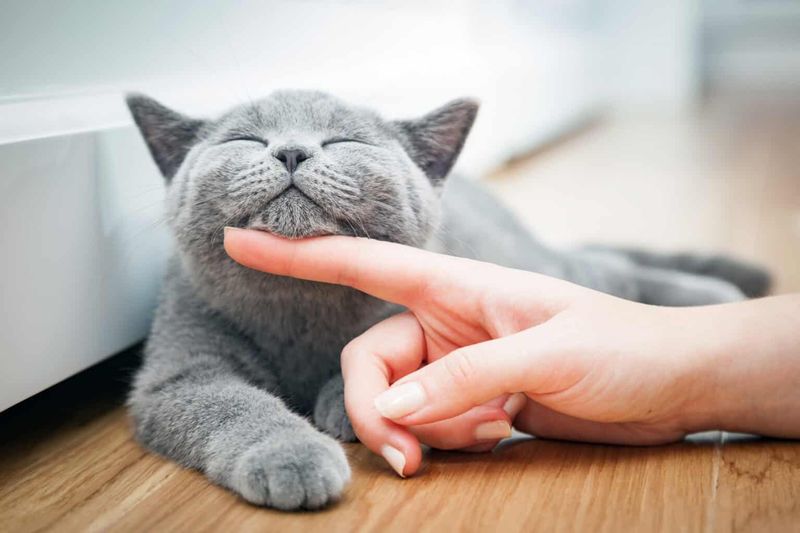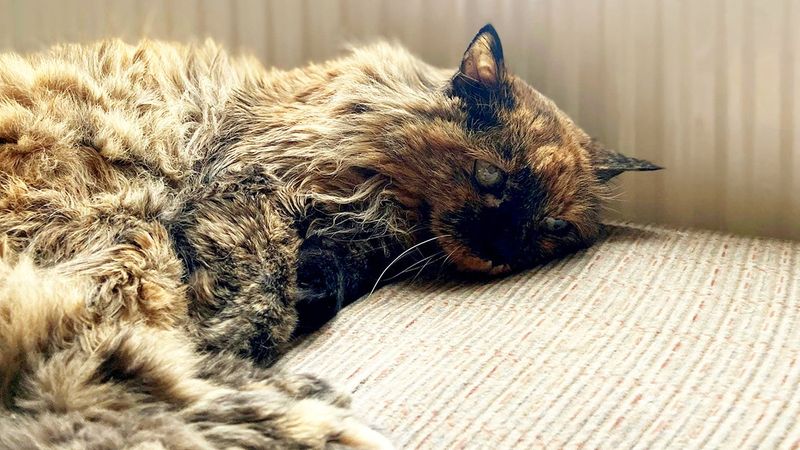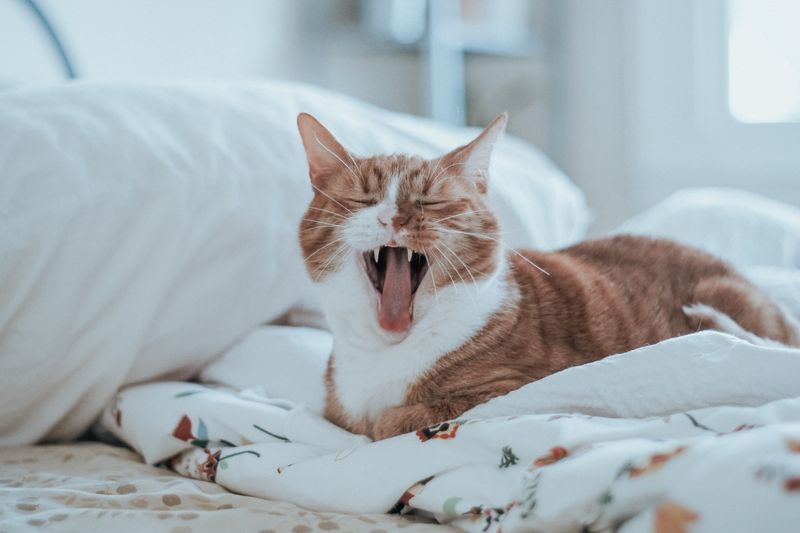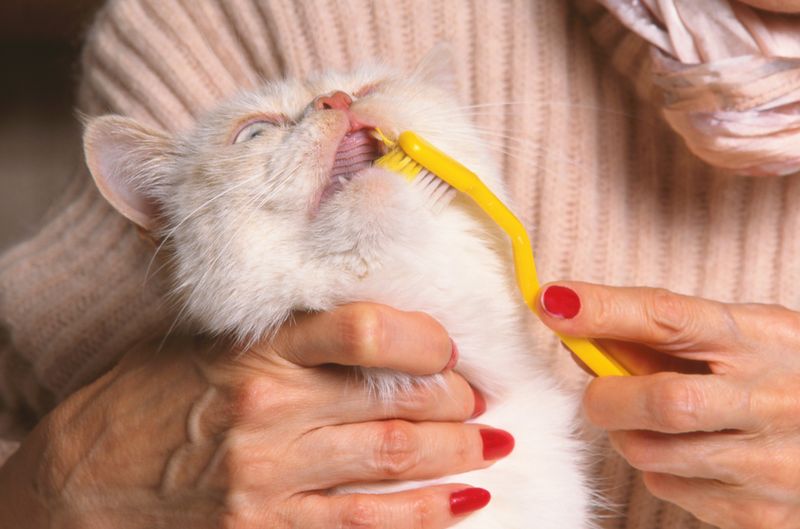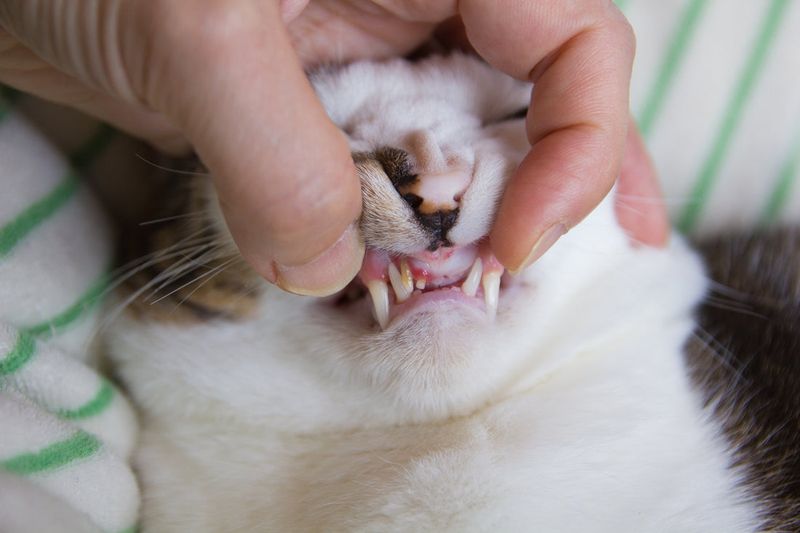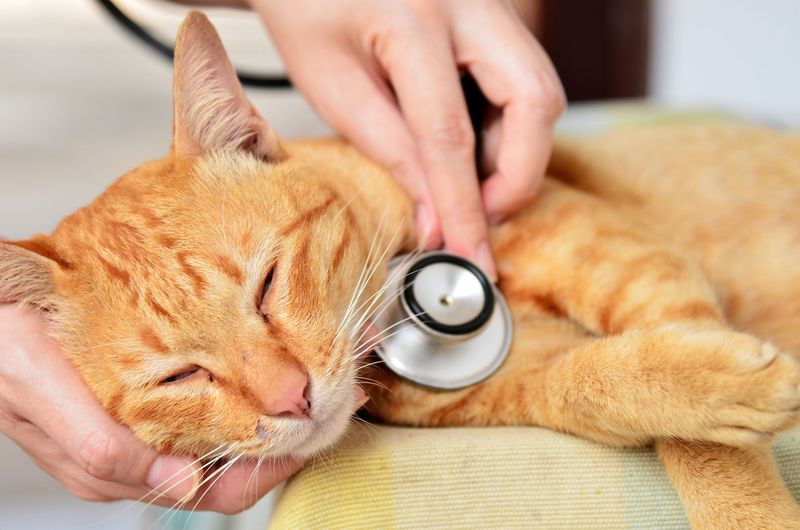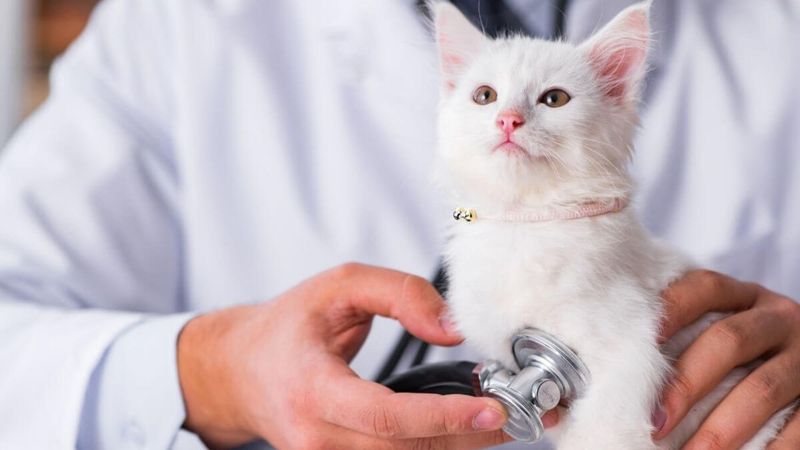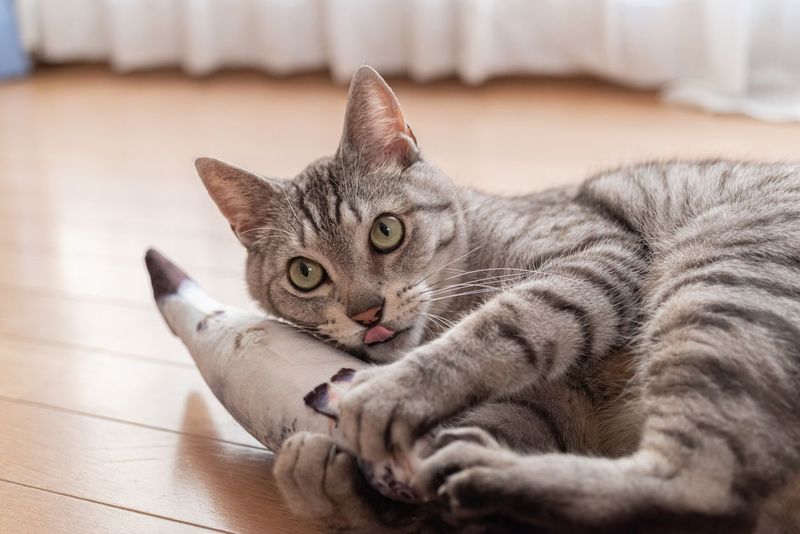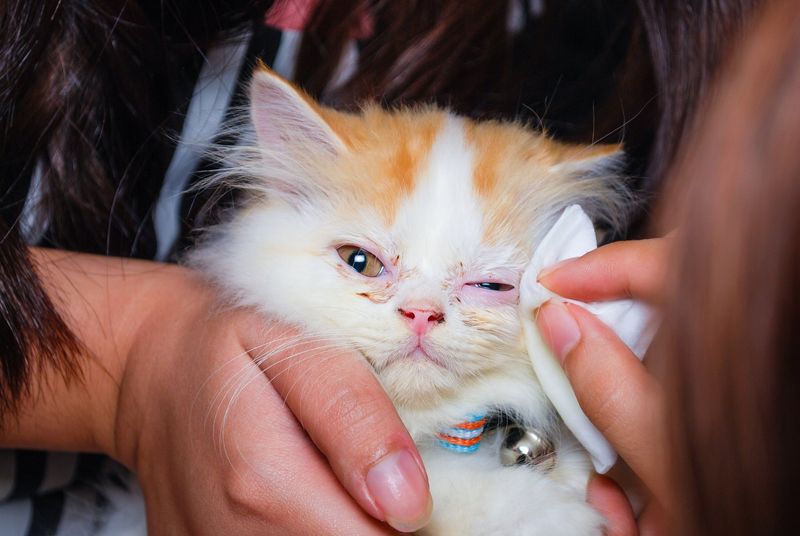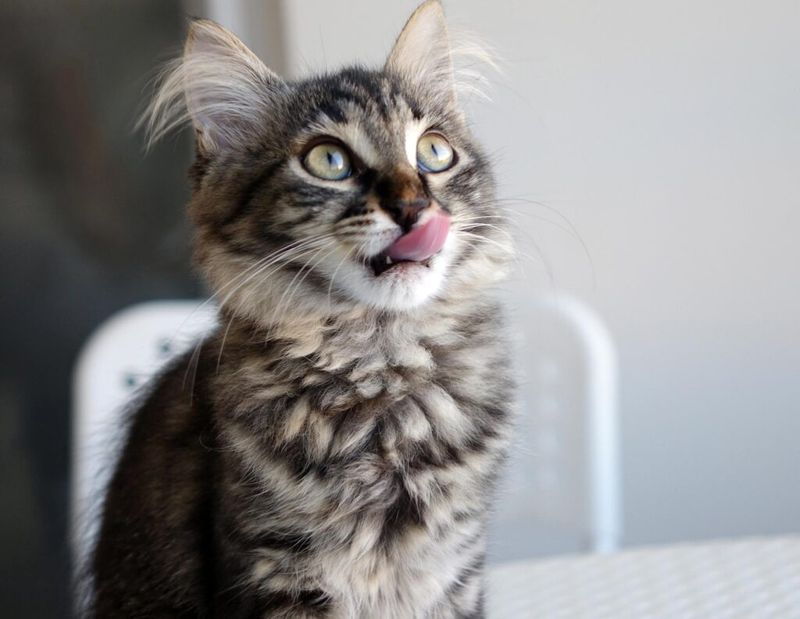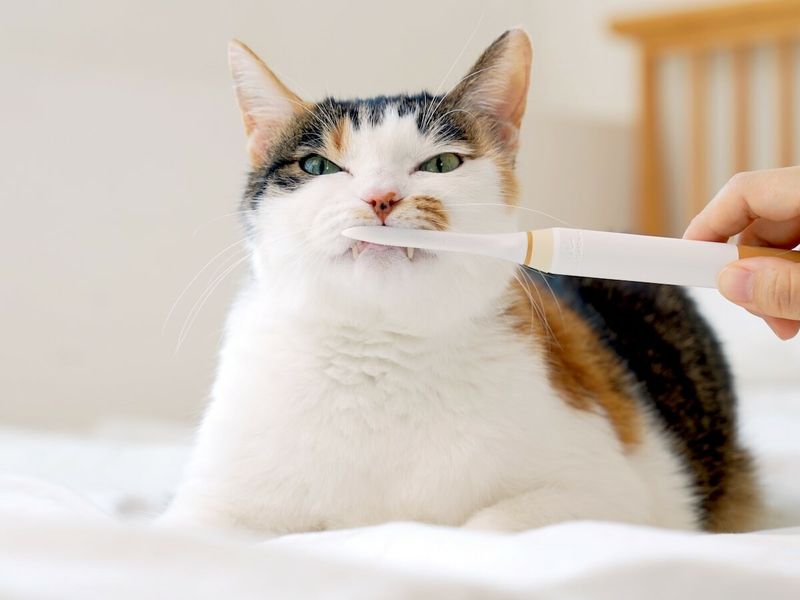📖 Table of Content:
- 1. Prevents Pain and Discomfort
- 2. Improves Overall Health
- 3. Extends Lifespan
- 4. Boosts Appetite and Eating Comfort
- 5. Reduces Risk of Tooth Loss
- 6. Prevents Bad Breath (Halitosis)
- 7. Lowers Risk of Gum Disease (Periodontitis)
- 8. Protects the Heart
- 9. Enhances Mood and Behavior
- 10. Avoids Costly Emergency Treatments
- 11. Improves Quality of Life in Older Pets
- 12. Prevents Jawbone Deterioration
- 13. Reduces Risk of Sinus Infections
- 14. Decreases Drooling and Pawing at the Mouth
- 15. Supports a Strong Immune System
- 16. Promotes Better Breath for Human-Pet Bonding
- 17. Builds a Positive Routine with Your Pet
When it comes to your pet’s health, dental care is often overlooked — but it plays a far more important role than many pet owners realize. Just like humans, dogs and cats can suffer from plaque buildup, gum disease, tooth decay, and oral infections. The difference? Our furry companions can’t tell us when something’s wrong. They may continue eating, playing, and acting normal even while battling serious discomfort or underlying health issues caused by poor dental hygiene.
What starts as a little tartar or bad breath can quickly spiral into painful conditions that affect your pet’s ability to eat, their mood, and even their internal organs. In fact, studies show that dental disease is one of the most common health problems in adult dogs and cats — and left untreated, it can lead to infections that impact the heart, kidneys, liver, and more. That’s why regular brushing, dental treats, and professional cleanings are not just luxuries — they’re necessities.
In this article, we’re breaking down 17 major ways dental health affects your pet’s life — from physical wellness to emotional behavior and everything in between. Whether you’re a seasoned pet parent or a new one, these insights will help you understand why caring for those teeth and gums is one of the best things you can do to keep your furry friend healthy, happy, and thriving.
1. Prevents Pain and Discomfort
Few things are harder to detect than silent suffering in pets, especially when it comes to oral pain. Dental issues like gingivitis, abscesses, and fractured teeth can cause significant discomfort without any obvious signs. Your pet may continue to eat and play while enduring a constant ache in their mouth. Over time, this pain can escalate and affect their ability to chew or even open their mouth. Regular dental care helps stop these problems before they start. By brushing your pet’s teeth and scheduling cleanings, you can prevent infections that lead to pain. Ultimately, you’re giving your pet a more comfortable and pain-free life.
2. Improves Overall Health
Believe it or not, your pet’s mouth is a gateway to their entire body. Harmful bacteria from dental infections can travel through the bloodstream and affect major organs. This systemic impact can lead to conditions like kidney disease, heart complications, and liver problems. Maintaining good oral hygiene minimizes the chance of these bacteria spreading. Think of it as a chain reaction: clean teeth can mean a healthier heart and stronger immune system. By focusing on dental health, you’re supporting your pet’s overall wellness. It’s a small effort with far-reaching benefits.
3. Extends Lifespan
Longevity in pets isn’t just about diet and exercise — dental care plays a key role too. Periodontal disease, if left untreated, can lead to chronic infections that burden the entire body. These conditions wear down your pet’s system over time, shortening their natural life expectancy. Fortunately, prevention is straightforward and incredibly effective. Brushing their teeth, giving dental chews, and scheduling annual cleanings can add years to your pet’s life. Even a few extra healthy years can make a big difference in your shared time together. A clean mouth could be the secret to a longer life.
4. Boosts Appetite and Eating Comfort
Imagine trying to chew with a toothache — that’s what pets experience when their dental health declines. They may approach their food bowl eagerly but hesitate once the pain kicks in. Over time, they might start avoiding hard foods or stop eating altogether. This not only affects their nutrition but also their energy and mood. Providing regular dental care helps keep eating comfortable and enjoyable. It allows them to chew without pain and fully enjoy their meals. Healthy teeth make for a happy, well-fed pet.
5. Reduces Risk of Tooth Loss
Tooth loss in pets isn’t just a cosmetic issue — it can lead to long-term health and feeding challenges. As plaque hardens into tartar and gums recede, teeth become loose and eventually fall out. The root of this problem is usually preventable with consistent dental care. Brushing and cleanings help maintain strong gums and tooth stability. Pets with healthy mouths tend to retain their teeth well into old age. And with a full set of teeth, chewing remains efficient and pain-free. Preserving their smile means preserving their health.
6. Prevents Bad Breath (Halitosis)
Bad breath in pets isn’t just a nuisance — it’s often a sign of deeper dental issues. When bacteria build up in the mouth, they release foul-smelling gases that linger. While breath mints aren’t an option for pets, daily brushing and dental chews can make a huge difference. Clean teeth mean fewer bacteria and fresher breath. A pet with pleasant breath is much more cuddle-friendly. More importantly, fresh breath is a sign of a healthy mouth. So if your pet’s kisses smell sweet, you’re probably doing something right.
7. Lowers Risk of Gum Disease (Periodontitis)
Gum disease often starts silently, progressing before owners even notice. This common condition affects most pets over the age of three, especially when oral hygiene is neglected. Red, swollen gums are just the beginning — the disease can destroy soft tissue and bone if left untreated. Daily brushing and dental evaluations by your vet are the best defenses. These habits keep plaque at bay and gums healthy. Once gum disease takes hold, treatment becomes more complex and costly. Prevention truly is easier (and cheaper) than cure.
8. Protects the Heart
Did you know your pet’s oral health is closely tied to their heart health? Bacteria from infected gums can enter the bloodstream and lodge in the heart valves. This condition, known as endocarditis, can be life-threatening. Routine dental care significantly lowers this risk by minimizing bacterial growth. Protecting the mouth, therefore, also protects the heart. Your vet can help monitor both systems during wellness checks. Clean teeth really do go straight to the heart.
9. Enhances Mood and Behavior
Chronic pain often goes unnoticed but can deeply affect a pet’s behavior. A dog or cat dealing with a toothache may become moody, withdrawn, or even aggressive. Once the source of discomfort is treated, their personality often returns to normal. Dental care isn’t just about physical health — it also contributes to emotional balance. Pets with clean, healthy mouths feel better and act happier. You might be surprised at the positive change in energy and playfulness. It’s a behavior boost that starts with a toothbrush.
10. Avoids Costly Emergency Treatments
Dental emergencies can be both painful for pets and expensive for owners. When oral issues are left unchecked, they can spiral into abscesses, extractions, or surgeries. These treatments often require anesthesia and recovery time, not to mention a hefty bill. Preventive care like regular brushing and cleanings can help you avoid these scenarios. Think of it as investing a little now to save a lot later. It’s a proactive approach that protects both your wallet and your pet’s comfort. Prevention is always more affordable than repair.
11. Improves Quality of Life in Older Pets
As pets age, their risk of dental disease increases, often affecting their quality of life. Older pets with sore mouths may stop chewing, vocalize less, or seem disinterested in play. These signs are often mistaken for “just getting old.” In reality, dental pain may be the hidden culprit. A consistent dental routine can keep senior pets feeling young and vibrant. When their mouths are pain-free, their whole world opens up again. Your golden-aged pet deserves golden-level care.
12. Prevents Jawbone Deterioration
Beneath the gumline, serious damage can occur without visible symptoms. Periodontal disease can eat away at the jawbone over time, weakening its structure. This deterioration can lead to fractures and long-term disability, especially in small breed dogs. Daily brushing and regular dental exams can help spot problems before they become severe. Strong bones depend on healthy gums and roots. A healthy jaw supports more than teeth — it supports your pet’s daily function. Protect the bone, and you protect the whole bite.
13. Reduces Risk of Sinus Infections
The anatomy of your pet’s mouth is more connected to their nasal passages than you might think. Dental infections in the upper jaw can easily spread into the sinuses, causing discomfort and congestion. These infections are not only painful but can also be tricky to treat. Good dental hygiene helps keep harmful bacteria from invading these delicate areas. A clean mouth creates a strong barrier against sinus issues. Less infection means less sneezing, pawing, and vet visits. It’s one more reason to stay on top of brushing.
14. Decreases Drooling and Pawing at the Mouth
Excessive drooling isn’t always cute — it can be a red flag. Pets often drool or paw at their mouth when they’re experiencing dental discomfort. These behaviors may escalate over time and indicate pain, infection, or something lodged between the teeth. Routine checkups can catch the cause early before it worsens. With healthy teeth and gums, drooling returns to normal, and uncomfortable habits fade. You’ll notice a calmer, more content pet. Observing these subtle cues can save your pet from a lot of distress.
15. Supports a Strong Immune System
A clean mouth helps reduce inflammation and bacterial overload in your pet’s body. Chronic dental infections can tax the immune system, making pets more vulnerable to illness. By maintaining oral health, you’re also lightening the load on your pet’s natural defenses. Every bit of bacteria you remove through brushing helps the body focus on other health tasks. It’s a simple routine with wide-reaching benefits. A strong immune system means better resilience to disease and faster healing. All of that begins with clean teeth and healthy gums.
16. Promotes Better Breath for Human-Pet Bonding
No one enjoys kisses from a pet with stinky breath. But when a pet’s mouth is clean, those snuggles become much more enjoyable. Brushing and dental treats can keep breath fresh and interactions pleasant. Fresh breath not only makes bonding better — it’s a sign of a healthier mouth overall. Daily care translates to a better relationship with your pet. Your pet’s affection will be even sweeter when their mouth is clean. So go ahead and enjoy those close-up cuddles guilt-free!
17. Builds a Positive Routine with Your Pet
Routine dental care is more than hygiene — it’s quality time. Brushing your pet’s teeth each day builds trust, patience, and connection. They learn to tolerate touch and even look forward to your attention. Over time, what starts as a health task becomes a bonding ritual. Introducing treats or praise during the process makes it even more positive. A calm, consistent routine also helps reduce vet anxiety later. Dental care, surprisingly, can strengthen your relationship just as much as their teeth.
